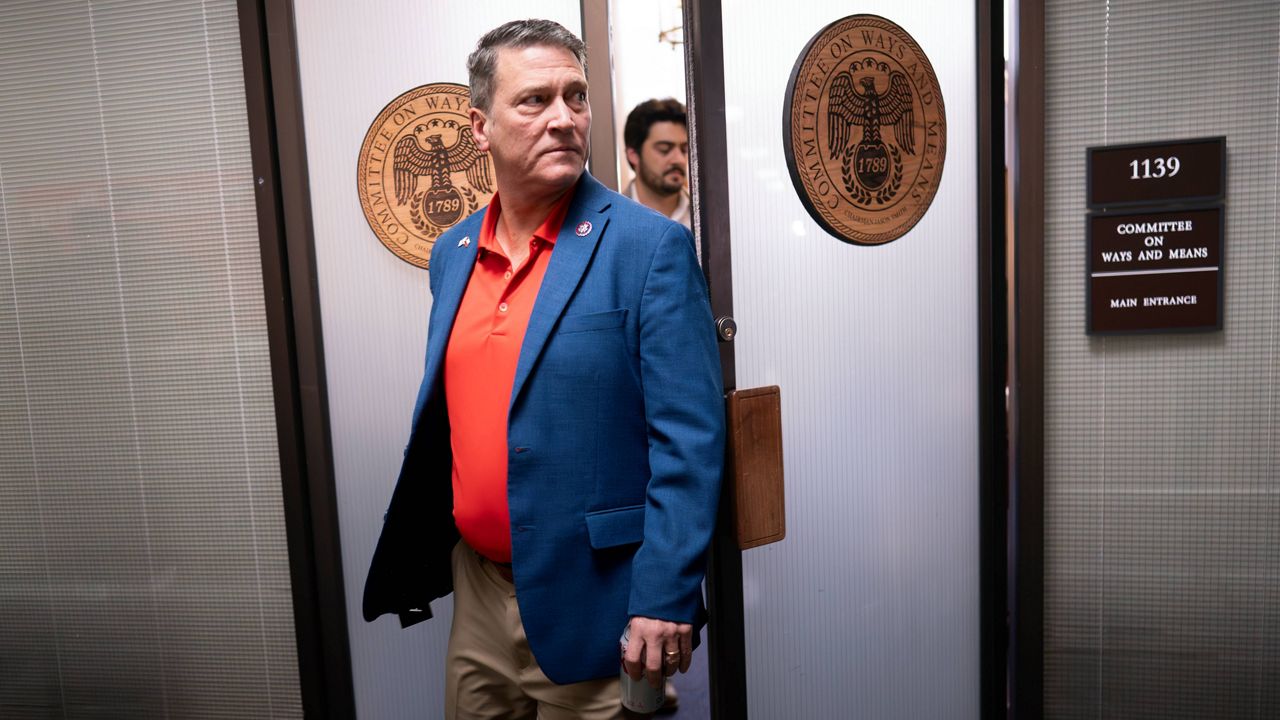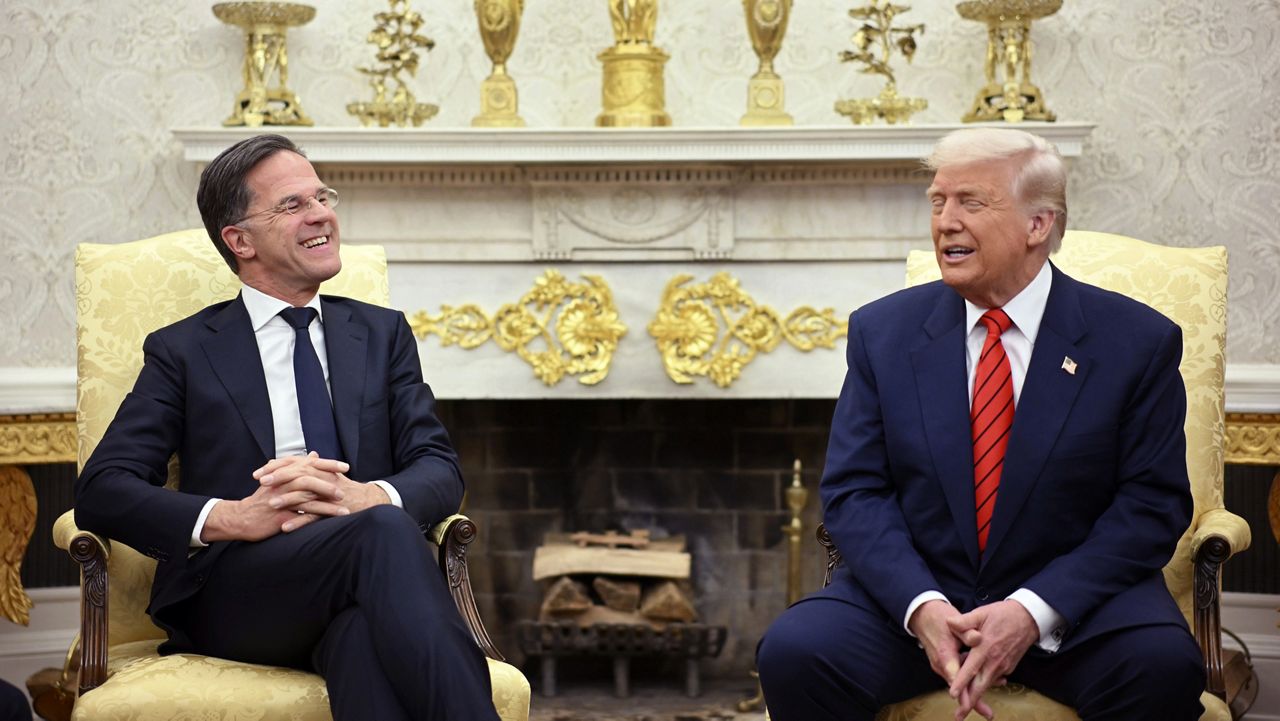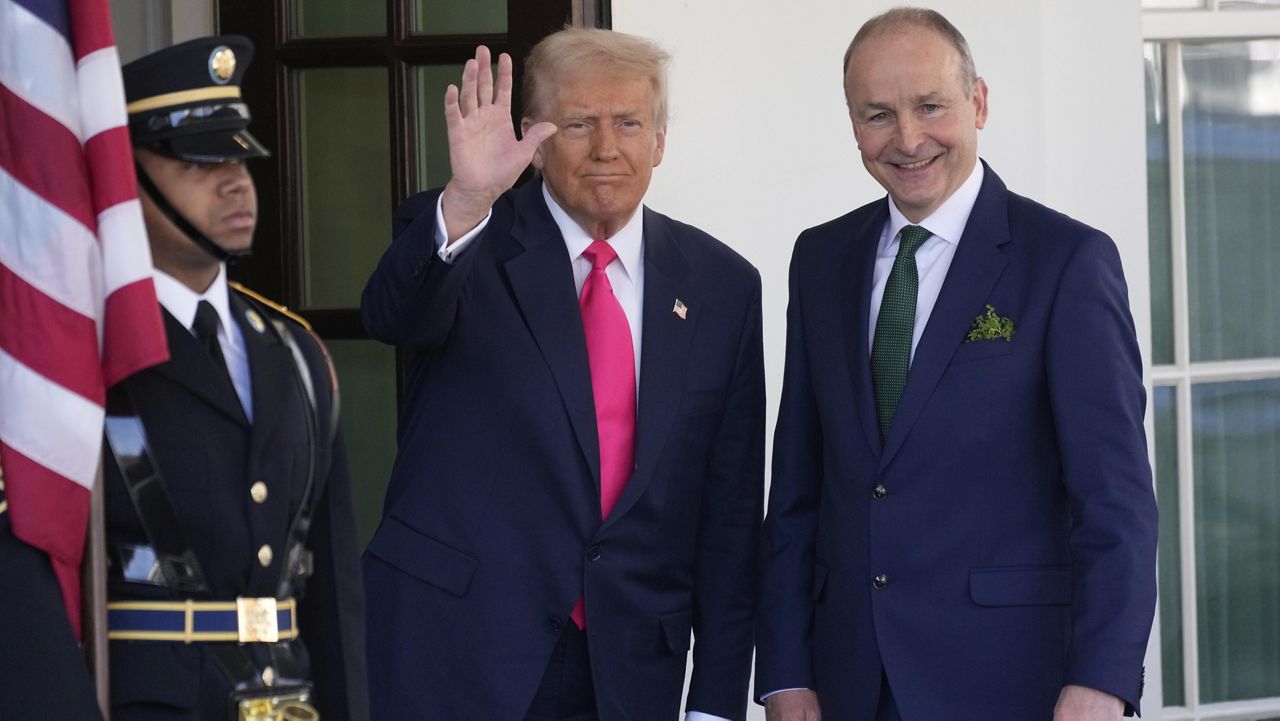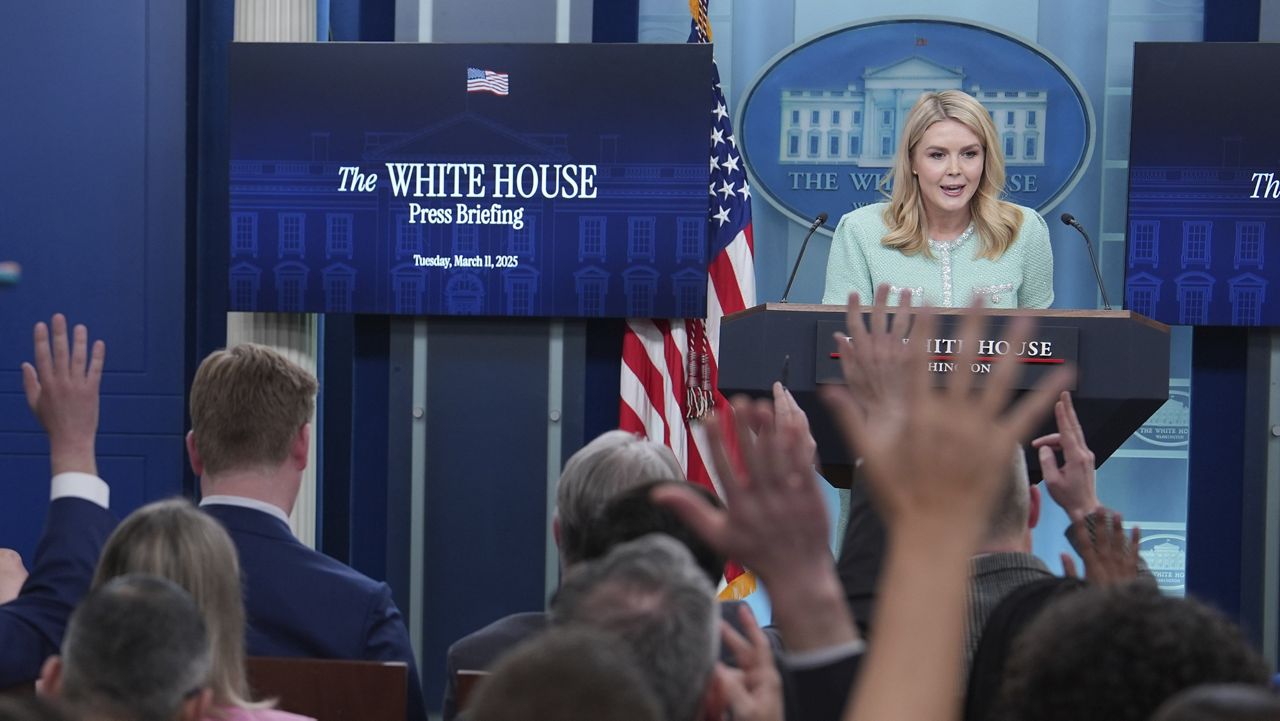WASHINGTON — The House Ethics Committee announced it has closed investigations into several members of Congress regarding the use of campaign funds for personal benefit, concluding in a press release Monday that there was no evidence the lawmakers’ misuse of money was intentional.
At the same time, the committee noted that it found several of the members did violate standards and used the opportunity to issue new guidance on the use of funds.
”In a recent report, however, the Committee noted that existing law and guidance from the FEC is often ambiguous and provides for significant gray areas of spending, and that it is apparent that the House community would benefit from updated guidance on personal use of campaign funds and related recordkeeping requirements,” the committee wrote, referring to the Federal Election Commission, the agency tasked with enforcing U.S. campaign finance laws.
Those specifically named in Monday’s press release include Reps. Sanford Bishop, D-Ga.; Wesley Hunt, R-Texas; Ronny Jackson, R-Texas; and Alex Mooney, R-W.Va. Lawmakers relevant to the investigations, the committee noted, each received specific recommendations based on their unique campaign activity on how to better comply with the law and standards.
The new, wider guidance, meanwhile, seeks to clarify that lawmakers are required to comply not only with the FEC’s finance rules but also with those of the House, which apply to any campaign funds under a member’s control.
The House rules, according to the committee, come with an additional requirement that members must be able to “verify the legitimacy” of each of their campaign expenses and keep records of the “primary purpose” of every transaction.
The committee conceded that lawmakers have “wide discretion” in determining what is considered a political versus personal use of funds but sought to make clear that merely the possibility something “might” result in a campaign benefit is not enough.
“Campaign funds may not be used to enhance an individual’s lifestyle, for personal enjoyment or entertainment, or to pay an individual’s personal obligations,” the committee members wrote.
The Office of Congressional Ethics referred Bishop to the committee for potentially using an allowance given to members to operate their offices on holiday gatherings in his district. Hunt was referred for allegedly incorrectly spending funds at a private social club in Houston, while Jackson was referred for allegedly doing the same at a private dining club in Amarillo, Texas. Mooney, meanwhile, was referred in relation a trip to Aruba.
The House Ethics Committee has been in the spotlight in recent weeks regarding the release of a report into former Republican Rep. Matt Gaetz of Florida after he was selected to be President-elect Donald Trump’s attorney general in his second administration. Gaetz dropped out of contention in a swarm of controversy.
It also all comes as ethical standards in Washington have been in the spotlight following high-profile indictments of Rep. Henry Cuellar, D-Texas, and former Sen. Bob Menendez, D-N.J., related to bribery allegations as well as reports on gifts and vacations accepted by Supreme Court Justice Clarence Thomas.










)